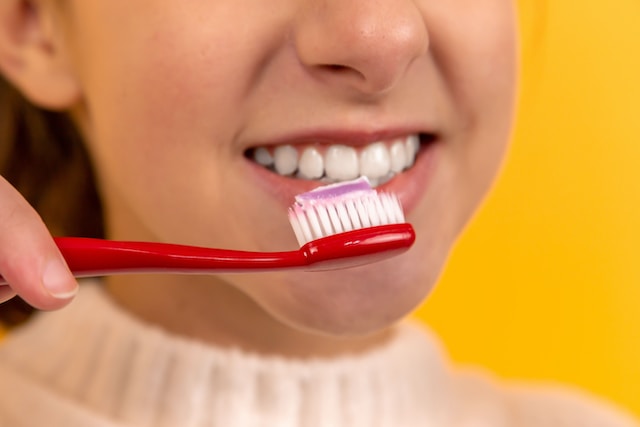Introduction: Routine oral health assessments play a crucial role in maintaining optimal oral hygiene and preventing dental problems. By catching issues like cavities and gum disease early, these assessments enable timely interventions and help individuals maintain a healthy smile. In this article, we will explore the importance of routine oral health assessments in identifying and addressing dental problems before they escalate, emphasizing the significance of early detection and intervention.
- Detecting Cavities: Cavities, also known as dental caries, are one of the most common dental issues worldwide. Routine oral health assessments allow dentists to detect cavities in their early stages, even before symptoms become apparent. Through visual examination and dental imaging techniques like X-rays, dentists can identify small cavities that may be forming between teeth or in hard-to-reach areas. Early detection enables conservative treatments like dental fillings, preventing further decay and the need for more invasive procedures.
- Monitoring Gum Health: Gum disease, also called periodontal disease, is a progressive condition that affects the gums and supporting structures of the teeth. During oral health assessments, dentists closely monitor gum health to identify signs of gum disease, such as redness, swelling, bleeding, and pocket formation. By detecting gum disease early, dentists can recommend appropriate interventions like professional cleanings, improved oral hygiene practices, and in more severe cases, periodontal treatments. Early intervention helps prevent the progression of gum disease, which, if left untreated, can lead to tooth loss and impact overall oral health.
- Oral Cancer Screening: Oral health assessments provide an opportunity for oral cancer screening, an essential component of preventive dental care. Dentists examine the oral tissues, including the lips, tongue, cheeks, gums, and throat, for any signs of oral cancer. Early detection of oral cancer significantly increases the chances of successful treatment and improved outcomes. By including oral cancer screening as part of routine assessments, dentists play a vital role in early diagnosis and prompt referral for further evaluation and treatment.
- Identifying Bite and Jaw Alignment Issues: Routine oral health assessments involve evaluating the bite and jaw alignment. Dentists examine the relationship between the upper and lower jaws, assessing for issues like malocclusion (misalignment) and temporomandibular joint (TMJ) disorders. Early identification of bite and jaw alignment issues allows for timely intervention, which can include orthodontic treatment, jaw exercises, or referral to specialists. Addressing these problems early can improve both oral function and overall oral health.
- Enhancing Preventive Strategies: Routine oral health assessments not only help detect existing problems but also contribute to preventive strategies. Dentists use these assessments to educate patients about proper oral hygiene practices, nutrition, and lifestyle habits that promote oral health. Additionally, they may recommend preventive measures such as dental sealants or fluoride treatments to protect teeth from decay. By focusing on prevention, oral health assessments empower individuals to take proactive steps in maintaining their oral health and preventing future dental issues.
- Establishing a Relationship with a Dental Provider: Regular oral health assessments foster a long-term relationship between individuals and their dental providers. By visiting the dentist regularly, individuals develop trust and rapport with their oral healthcare team. This relationship allows for better communication, individualized treatment planning, and personalized oral health recommendations. It also ensures that individuals have a designated professional to turn to in case of dental emergencies or concerns.
Conclusion: Routine oral health assessments are crucial for catching dental problems early, enabling prompt intervention and preventing more extensive damage. From detecting cavities and gum disease to screening for oral cancer and addressing bite and jaw alignment issues, these assessments serve as a cornerstone of preventive dental care. By prioritizing routine oral health assessments, individuals can maintain a healthy smile and enhance their overall oral health and well-being.




